What Skin Type Am I?
December 2018 | Reading time: 4 minutes
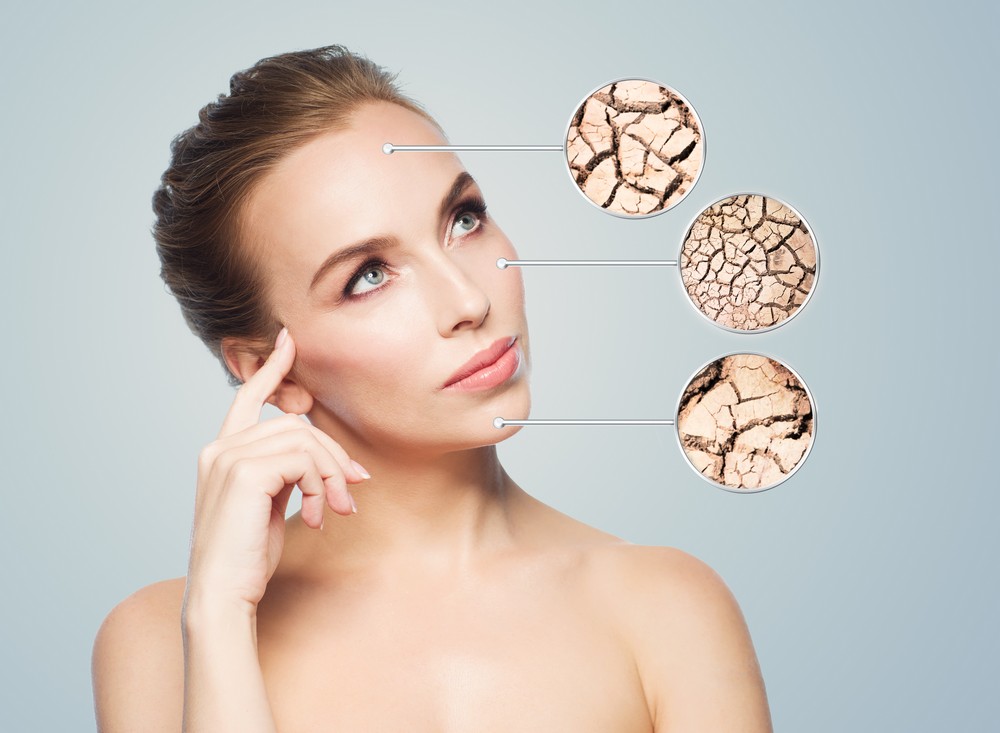
Table of Contents
Everyone is different, and our skin is no exception to this rule. Furthermore, our skin goes through various changes throughout our lives. For example, it becomes oily during puberty, and becomes looser with age. As a result of this, it is important that we look after our skin so that it stays healthy.
The first step to doing so is learning what skin type you have. It is generally agreed that there are four or five skin types, which are explored below.
Normal
Normal skin maintains the ideal balance between the production of sebum oil and dryness, resulting in skin that is hydrated. If you have normal skin, you will not get as many spots or skin blemishes in comparison to other skin types. Furthermore, your pores will be very small, and your skin is likely to have a vibrant and rosy appearance due to good blood circulation. This skin type is typically soft and feels very healthy.
Even if you are in this category, it is still beneficial to moisturise and look after your skin. This ensures that excess dirt is removed from your face, and ensures that you retain the softness of your skin. Although you may have normal skin now, this does not mean it cannot change if you don’t look after it properly!
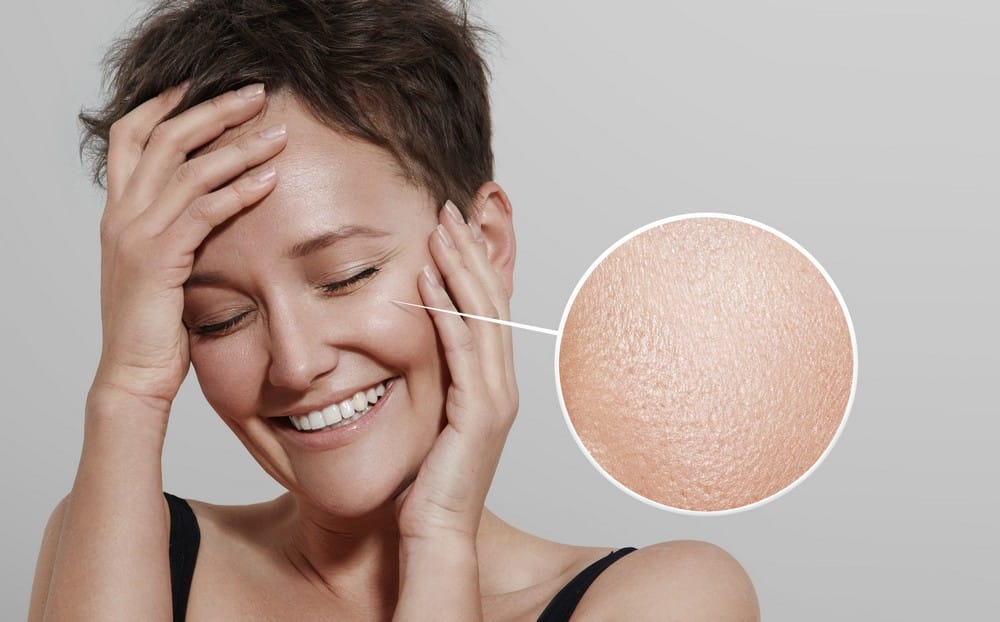
Dry
Dry skin is deficient in sebum oil. This is produced by the sebaceous glands to help keep the skin and hair hydrated. As a result of this, the skin is not adequately refreshed or protected. People may experience varying levels of dryness. In extreme cases, skin flakes off and feels tight, and it is not unusual to develop calluses. It may also be sore, and vulnerable to different weathers, especially the sun and wind. Skin tends to become dryer with age, and is particularly prominent in women rather than men. In addition to this, dry skin may age quicker than other types of skin.
Due to the sensitivity of dry skin, it is crucial that you take precautions to avoid it from getting worse! Make moisturising a part of your daily routine, and watch what products you use, as they may irritate your skin. In addition to this, habits such as smoking have been shown to increase the chances of dry skin, as the chemicals reduce blood flow to the skin.
Oily
Oily skin is a common occurrence during puberty. In this case, the pores are bigger and often clogged with excess sebum oil. This blockage results in the development of skin blemishes such as acne or spots. Hormones play a significant role in the excess production of sebum, but this can also be influenced by genes. Furthermore, if you do not remove your make-up properly, then this increases the clogging of the pores.
Fortunately, you can buy ‘noncomedogenic’ make-up which does not affect the pores and is ideal for this skin type. However, you should still try and remove any cosmetics from you face before you go to bed. If you get sweaty, wash your face to avoid your skin from getting too greasy.
Combination
Some people have skin that is described as combination skin. As the name implies, this combines different types of skin; normal, dry and oily. Specific areas may be oily, such as the T-zone that covers the forehead and nose, whilst your cheeks will be normal or dry.
Your skincare routine may vary so that you can treat the different skin types. Make sure that your T-zone does not get too oily, but equally do not neglect other parts of the face so the skin does not dry out.
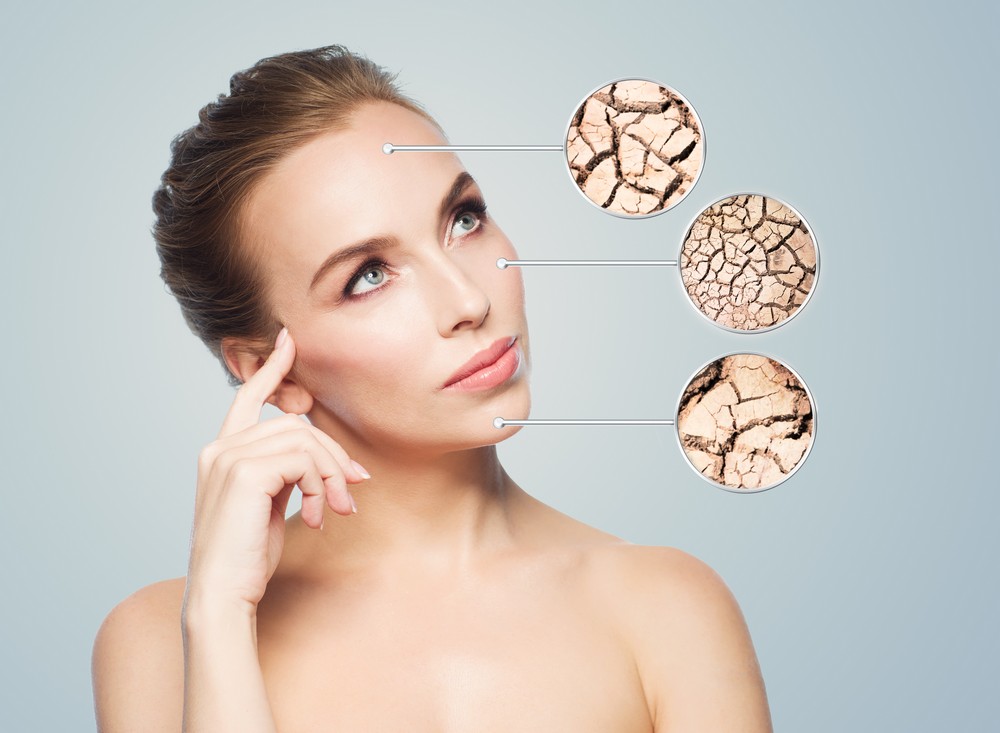
Sensitive
This skin type is not so different from dry skin. Sensitive skin reacts to a variety of circumstances, such as the weather or cosmetic products. When a reaction occurs, your skin may appear red and feel itchy. Following this, spots may develop and your skin may become sore.
If you have sensitive skin, you must be careful regarding what cosmetic products you use. It is advisable to apply sun cream when you go outside if your skin is vulnerable in sunlight. The key with sensitive skin is to build up resistance that your skin cannot naturally provide, and make sure you treat it gently!
We hope this has helped you to get to know your skin a bit better, and given you ideas on how to look after it properly. Skin is our largest organ, and we must respect how it protects us by keeping it in the best condition.
If you want to give your skin a treat, try our LED Light Therapy treatment. This uses three types of LED light to improve the quality of the skin, reduce signs of ageing and combat acne.
Related Articles

Skin Tightening Cardiff
Worried that your skin is getting loose? Don't worry - our Skin Tightening procedure at VIVO Body Studio Cardiff is...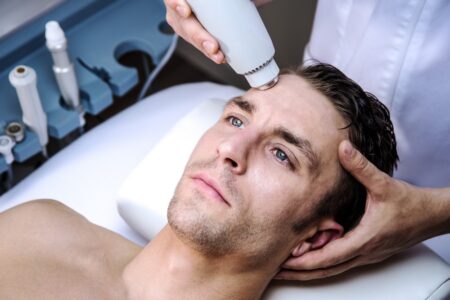
Skin Tightening Glasgow – Combat Signs of Ageing
Our advanced Skin Tightening procedure is now available at VIVO Body Studio Glasgow! Keeping a more youthful appearance is essential...
Dermal Filler Aftercare
This dermal filler aftercare advice is provided so that you know what to expect following your treatment at VIVO Body...
Being happy – How does it work?
Being happy is a difficult feat. Yet, often we find it is only the simplest thing that encourages a smile or...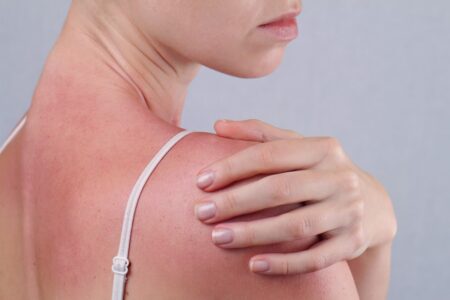
How the Sun Can Affect Our Health
The majority of us love to be out in the sun, and can't wait when it's time to go on...
Top 10 Advent Calendars of 2018
It is time to begin the countdown to Christmas! We all know what that means - we must get our...
The Wonderful World of Miscellaneous
What is Miscellaneous, Anyway?The word 'miscellaneous' might seem like a catch-all term for things that don't quite fit into neat...
How Does Shockwave Therapy Help The Body?
Shockwave therapy is a non-invasive and safe treatment for several ailments. It works by emitting waves into certain parts of...
Kitchen Gadgets to Aid Healthy Eating
Eating healthy can sometimes feel like a burden. It can be time-consuming and may not taste as good as faster,...
Does Make-Up Harm the Skin?
Men and women all over the world wear make-up, whether it is for a special occasion, or on a daily...
How To Build Muscle
Muscles are everywhere in the body. People tend to think of men and women at the gym with muscle in places...
Is Too Much Exercise Bad for the Body?
Exercise is perhaps the best way to get fit and lose weight in a healthy and natural way. However, too...Happy Customers
1,907 Reviews and CountingMobina carried out this treatment and she is v knowledgable, professional and attentive throughout. I’ve got my next appointment booked & can’t wait to see the results after that session.
I would highly recommend this treatment and Mobina.
 close
close



